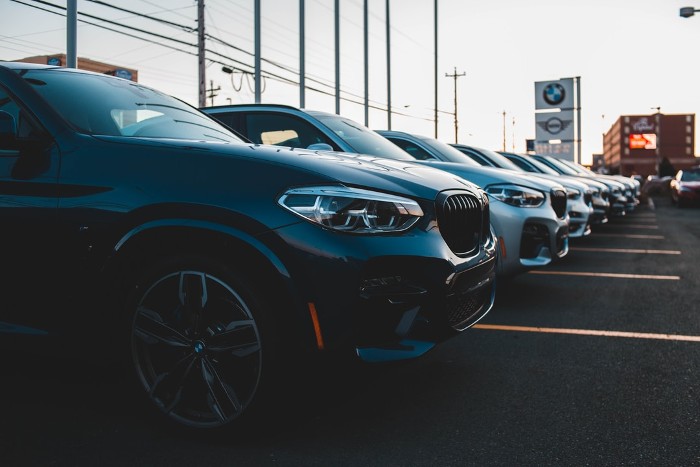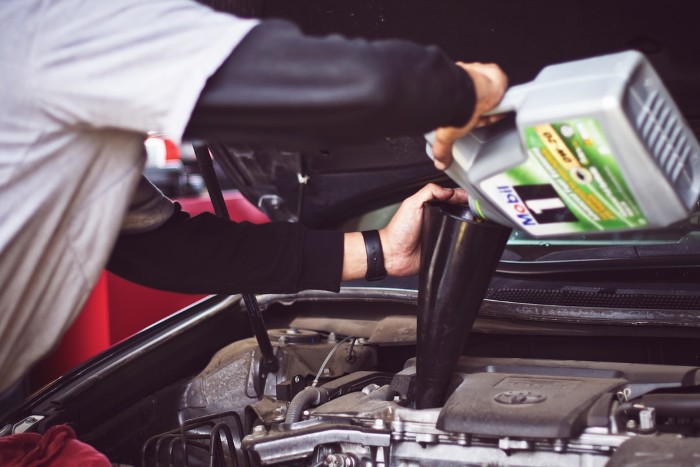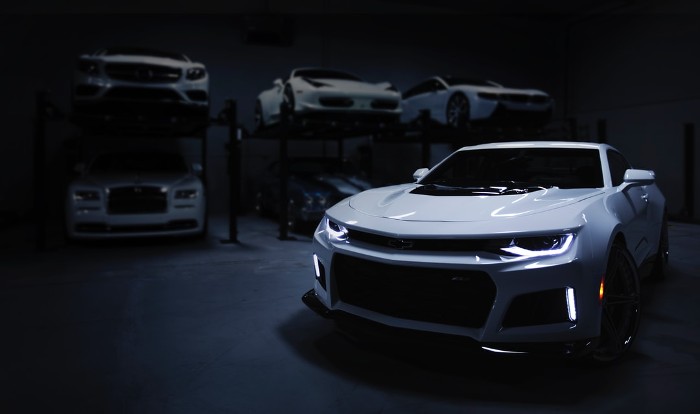Having a vehicle is liberating. You can transport yourself any time of the day or night without worrying about public transit schedules or waiting for Uber drivers. You can reduce the amount of time you spend commuting to work. You can also reach places that aren’t accessible by public transit.
Once you have the funds required for a vehicle, you have multiple choices to make. You may choose a van if you have a large family or a commuter car if you want a fuel-efficient vehicle. You can choose between different vehicle colors and models and opt for a vehicle with specific accessories, like cruise control. Another critical decision you face is whether to lease or buy your vehicle. Read on to learn everything you should know about leasing a car to determine if leasing is the best option for you.
You may have to make a down payment when you lease

Whether you’re buying a new or used vehicle, you’ll need cash. Sometimes, car buyers purchase the vehicle outright by paying 100 percent of the cost when they buy. Other car owners apply for financing. After they secure the best price on their chosen vehicle, they make a down payment and continue making monthly payments until they’ve paid for their vehicle.
Companies that lease vehicles may not refer to the down payment with that term. They may call it a capitalized reduction cost. If you do lease, the lease price is predetermined, which means your down payment won’t reduce the amount of interest you pay over the life of the lease. Making a down payment can lower your monthly payment rates, but it won’t lower the lease cost.
You could save money initially but can’t trade your lease in against a new vehicle

You may save money when you lease, particularly if you avoid making a down payment. However, when you lease, you don’t own the vehicle. You don’t have an asset you can trade against the cost of your next vehicle. When your lease is over, you have an option to buy out the vehicle or extend your lease. You can also opt to buy or lease a different vehicle.
Whether you lease or buy, you’ll need auto insurance
As the lessor, you’re responsible for obtaining car insurance. You can compare car insurance rates with an auto insurance comparison tool. The tool requests crucial data, such as your location, age, gender, and driving history. The tool asks for vehicle information, including the make and model of the vehicle and the vehicle’s age. You’re prompted to choose the type of coverage you need, such as full coverage, collision coverage, liability coverage, or comprehensive coverage.

The tool uses your data to compile a list of car insurance companies, such as State Farm, Geico, USAA, and Progressive. The tool breaks down critical information about each insurance policy and the auto insurance policy costs, enabling you to comparison shop for the best insurance rate.
Your insurance requirements may be set by the lessee, making it crucial you review the terms of your lease to ensure you acquire all the insurance you’re required to carry.
You may be financially responsible for vehicle maintenance

Some lessees include the cost of routine vehicle maintenance in the cost of the lease. Review the lease and ask questions to ensure you understand what expenses you must cover. The lessee may restrict lessors to using specific mechanics for oil changes and other maintenance needs, affecting the overall cost of leasing a vehicle.
You’ll be able to afford a newer vehicle

When you lease, you don’t tie up a lot of money in a new vehicle. Leasing enables you to enter a short contract for a new vehicle and enjoy all the latest features. Your contract could expire in as little as 24 months, making it possible to switch to a new vehicle every two years. An additional benefit is that vehicles depreciate rapidly, but you don’t have to worry about depreciation when you lease a vehicle.
Leasing a vehicle has multiple pros and cons. Leasees should review a lease contract carefully to ensure they understand the terms of their lease.
